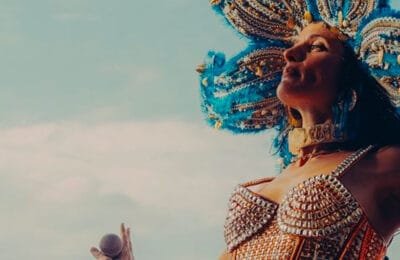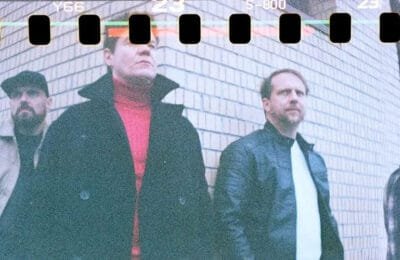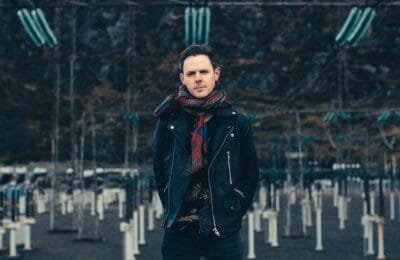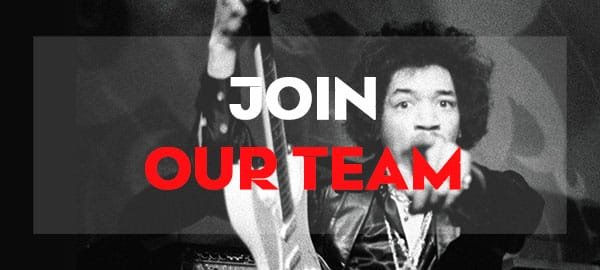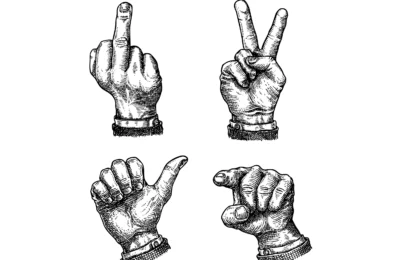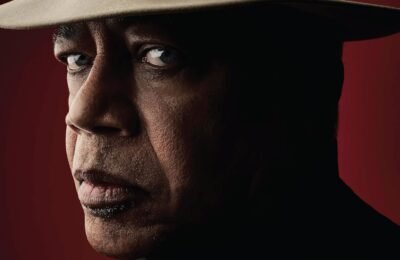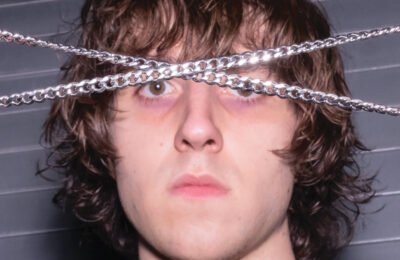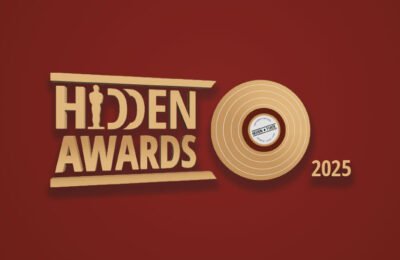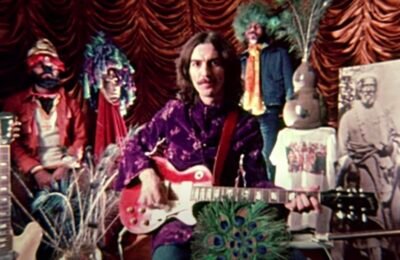Tarántula is a rock band from Valencia that started in the 1970s. After many years apart, the group has recently reunited. Want to know more about their story? Check out this article to explore their history.
I was lucky enough to be invited to one of their rehearsals after their summer break. It was a great chance to meet the original members and get to know the new ones. I also had the opportunity to ask them a few questions about this exciting new chapter.
After running through a few songs, the band decided to take a short break. That’s when I asked if they’d be open to a quick interview. They kindly agreed. Everyone was incredibly welcoming and down-to-earth — they really made me feel at home.
Alright, a question about the band and the new members — how has the integration of the new musicians into Tarántula’s dynamic been?
Julián Masiá: It’s been very difficult. Finding guitarists at Tarántula’s level wasn’t easy. But fortunately, we started looking and found two. So we had to seize the opportunity. Now we have both Arturo and Isaac — they’re fully integrated. We’re working on reviving the classic songs as well as creating new material, which you’ll hear soon.
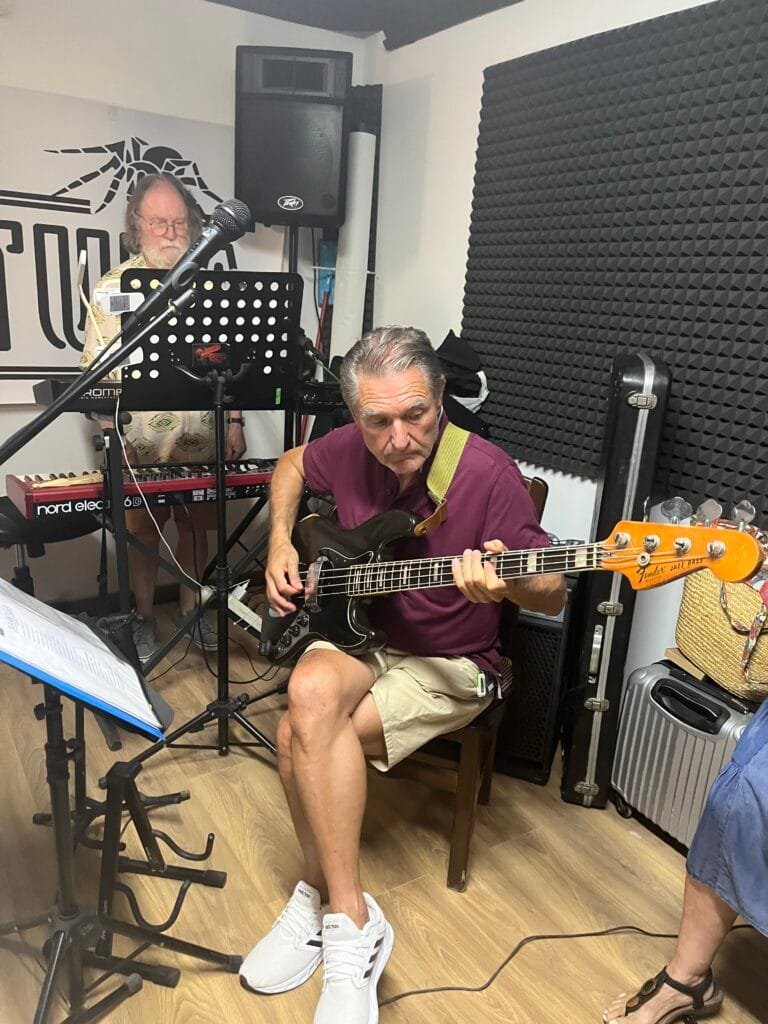
What do these new members bring to the band’s sound and creative approach?
Ana María González: It’s more of an approach — we don’t want things to change too much, because Tarántula’s journey has a specific meaning for us and for our followers. Thankfully, they’re adapting much better and faster than anyone expected — maybe even themselves. But clearly, the band is here, and there’s continuity, And that’s very important.
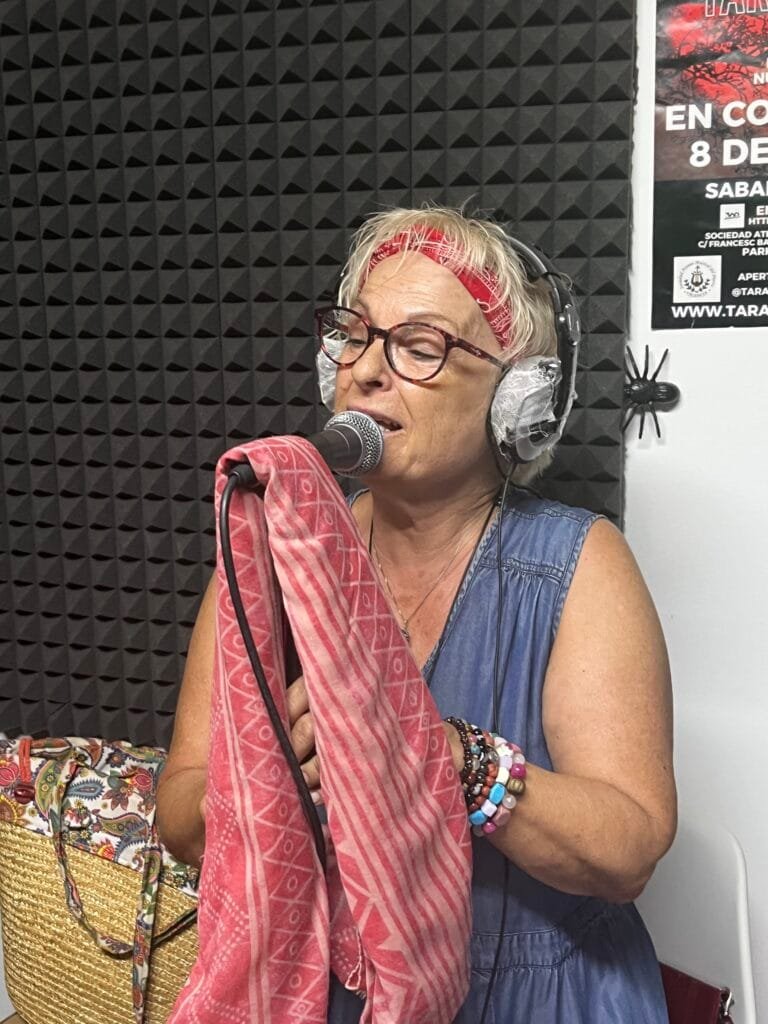
How did the decision come about to bring in new musicians?
Vicente Guillot, a.k.a. Valen: Well… some of them left the band, so we had to replace them. Seriously, it was to improve the sound, others were “killed off” (musically speaking), but the Tarántula sound had to continue. We set a clear path from the beginning — now it’s about improving that without losing our identity.
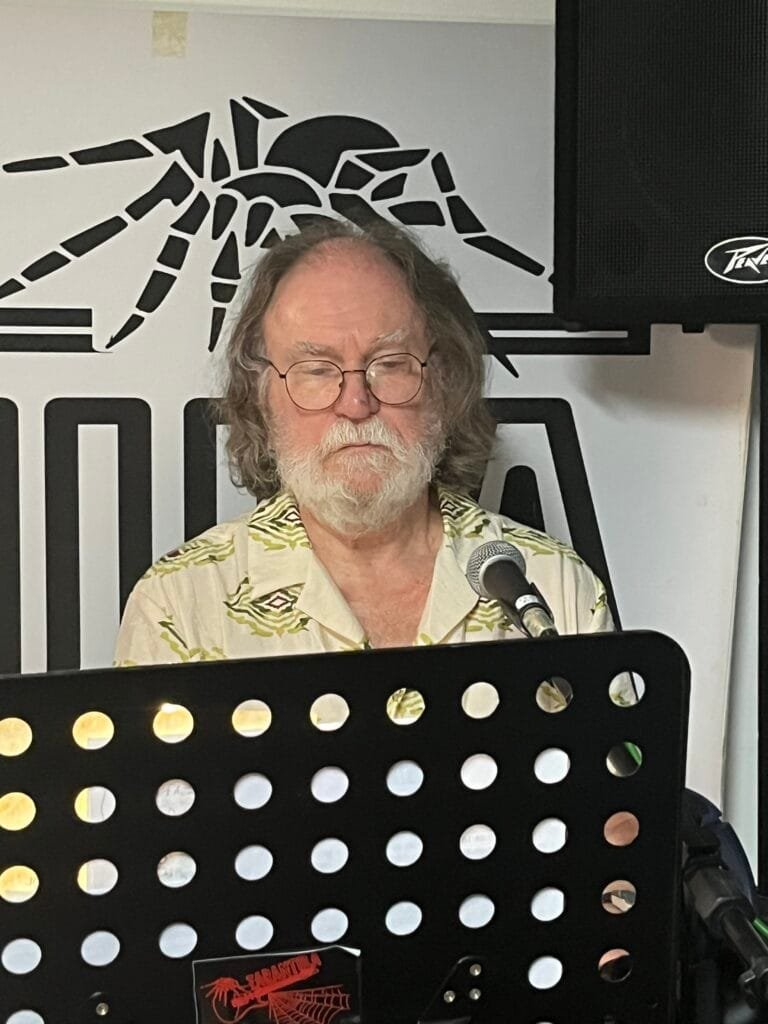
Has anything changed in the way you compose or rehearse since the new members joined?
Carlos Garzó: Not really — rehearsals are the same. What’s true is that we now accommodate new personalities. These two guitarists are not opposites, but they complement each other very well. So while the rehearsal dynamics haven’t changed, there’s definitely an enrichment from what each brings to the table.
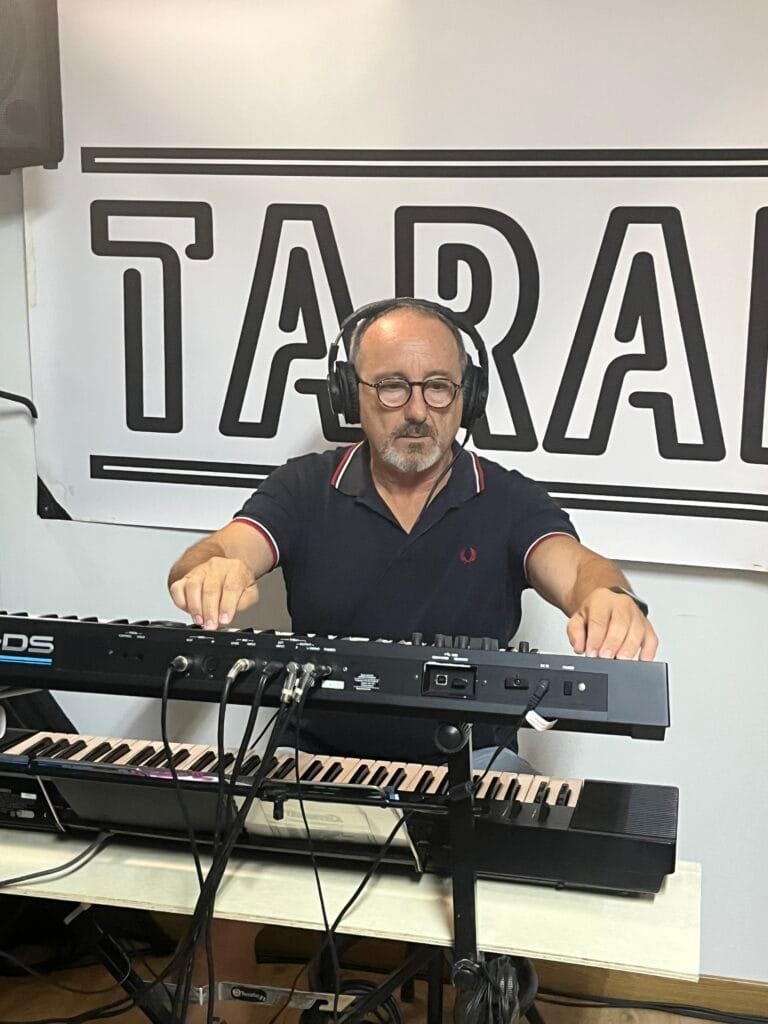
About the new work and creative process — I understand you’re working on new material. Can you tell us where you’re at in that process?
Alberto Medina: We’re developing material for a concept album — at times it may feel like a rock opera.
It’s based on a 15th-century character. For now, we can’t reveal more details about that figure. We’re incorporating a lot of music from that period, giving it the Tarántula sound, but also seeking musical elements that immerse the listener in the story and era.
what can we expect in terms of sound or concept compared to your previous work?
Alberto Medina: We’re keeping the essence of the group but bringing in new sounds — mostly to capture that ambient, historical vibe that transports you to the era we’re depicting. It’s got a Renaissance feel.
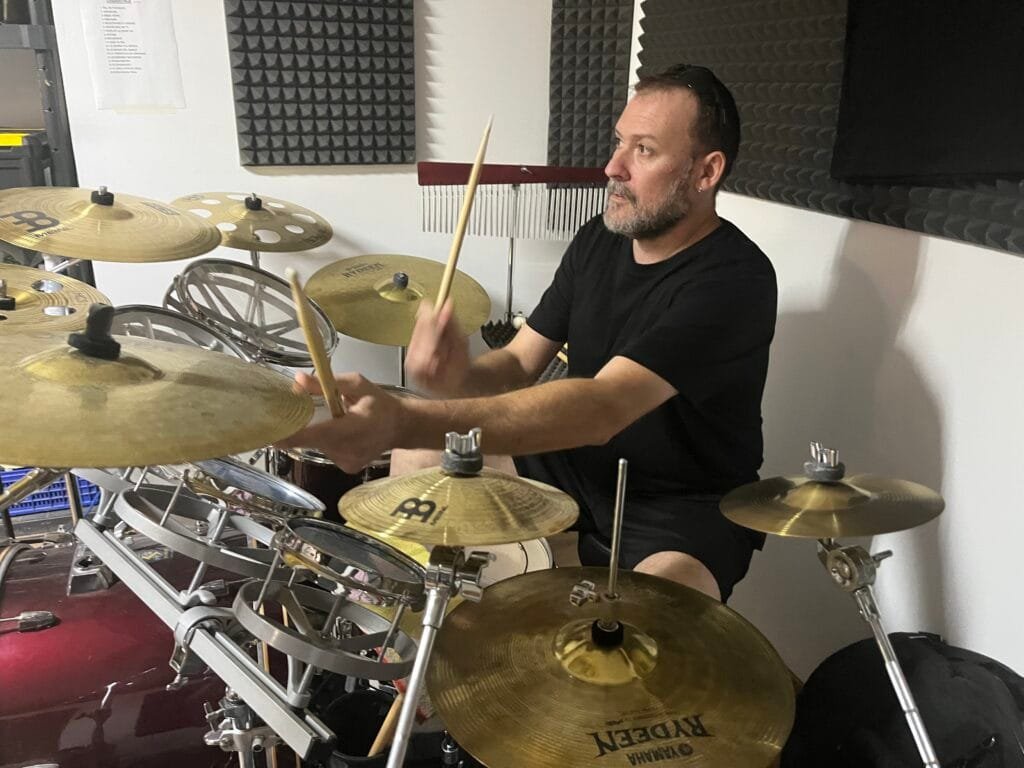
Are you working with a producer or studio?
Julián Masiá: Not yet. We’re still in the early stages. Once things are more developed, we’ll think about how to approach production. But in a few months, we’ll need to start planning that.
You released an album recently — Muéstrame el camino. How was it received by the public and the press?
Julián Masiá: The critics loved it, and the launch went very well. But since we haven’t done any promotion yet, it still feels like the album hasn’t officially been released. We’re more musicians than producers or a label, so we’re not overly focused on that side of things.
Do you have any upcoming concert dates?
Carlos Garzó: Yes, we’re aiming for October or November. Some initial plans are already confirmed. So, ideally, one or two shows during that period, but not too many, we’re not a band that gets in a van and hits the road — we do fewer shows, but high-quality ones.
Looking ahead — do you plan a tour or special presentation for the new album?
Julián Masiá: Yes, of course. Not a full tour, but a launch event like we did last time. Depending on the production, we’ll decide how to approach it — but we’re not quite there yet.
How do you feel about performing live? I assume you’re eager to play with the new lineup.
Ana María González: I love it. I have a blast. I enjoy it more than anyone could imagine. I’m a performer — I don’t sing in the shower, I sing in front of people. That’s what gives me life. I really enjoy it, and I think my bandmates do too, but especially me. I love the stage — and I drink beer!
Arturo Bejarano: Live music is like blood in our veins — it gives us life. It’s also a way to express the work we’ve put in for so long — writing, composing… It’s a group effort that takes coordination. And when it all comes together live, it’s incredibly satisfying.
What city would you most like to perform in with this new lineup? Or are you sticking to Valencia?
Ana María González: We’d love to play in other cities. Like Julián said, we’re not a van-and-road band, but of course we’d love to share the stage — not just Tarántula alone, but with other musicians who enjoy performing live. We’re open to playing outside Valencia — I think I speak for everyone here.
Julián Masiá: Personally, I’d love to present the new album in Madrid. But it will depend a lot on the production and what we can organize.
Arturo Bejarano: This band has a long history. I wasn’t part of it before, but it’s been around for many years. And as they say, everything comes full circle. I think there will be a chance to reunite musicians from that era in a big event to remember the golden age of progressive rock — like Bloque, Asfalto, all those bands from back then.
Ana María González: That would be amazing.
Arturo Bejarano: That energy is still out there. There’s always a nostalgic pull toward the past. There’s hope — or a future projection.
Ana María González: Vintage is coming back. And we are vintage. So if someone organizes a reunion of all the bands from that era that are still around and still making music — we’d love to share the stage with them. Definitely.
Do you plan to play at any festivals — like Leyandas del Rock, which turns 20 next year — to gain more exposure?
Julián Masiá: That’d be awesome. But so far, no one’s invited us. If this interview helps get the word out — we’re ready.
What does this new stage of Tarántula mean to you personally?
Isaac Moya Yuste: For me, it’s exciting — a chance to return to making music more professionally. Lately, I’ve been more on the amateur side, so this is both a thrill and a challenge.
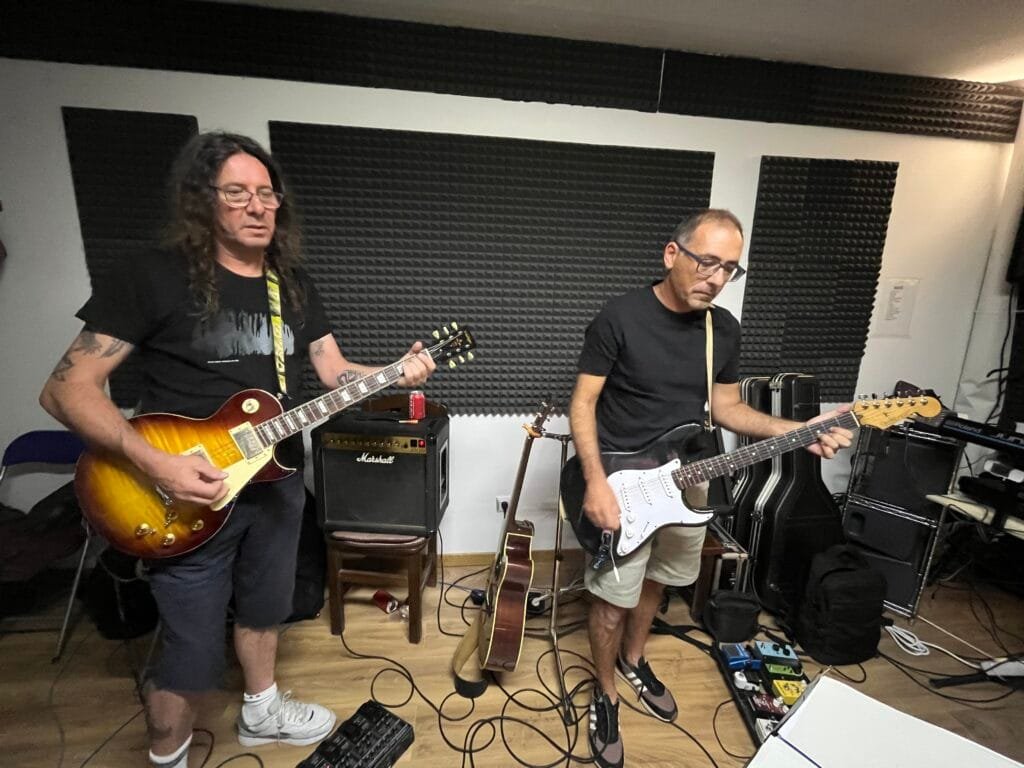
Arturo Bejarano
and
Isaac Moya Yuste
How do you see the rock scene in Valencia today? Is there space for bands like yours?
Julián Masiá: Very poor, as always. Right now, Valencia only has four music pubs and if you want to play, you have to pay and self-produce. There are no producers in the city or region promoting classic rock. So either you join the big techno-pop festivals — where we don’t quite fit — or you produce everything yourself. Unfortunately, it’s always been like that. Unless you go to Madrid, you’re not really in the scene.
Arturo Bejarano: Most bands are doing tribute shows — because they sell better. People want to sing along to songs they’ve heard all their lives. Tribute bands make money. But hopefully, originality will make a comeback.
Vicente Guillot a.k.a. Valen: It’s like going to see David Bowie and instead of enjoying the show, people record it on their phones to watch later. That’s the trend now. We should point that out.
Julián Masiá: Tarántula is still an analog band — and proud of it. Original, too.
Arturo Bejarano: Exactly, and one day, originality will come back in style. Tribute bands won’t last forever. Eventually, active artists will want their piece of the pie and say, “Hey, you’re profiting off me.” When that happens, those creating original music might finally rise to the top. We’re in dry dock right now, but hope is alive.
Ana María González: We’re in dry dock, but we’re painting the ship — keeping it afloat. That’s the idea.
What would you say to someone who’s never listened to Tarántula, to convince them to give you a chance?
Julián Masiá: What I usually say is — now that it’s easier than ever to listen to us, even if it doesn’t benefit us much — just go on Spotify and check out any of our albums. People often tell me they’re surprised and blown away when they hear our music. That’s helping us slowly recover the essence of Tarántula from 30 years ago, when we were quite significant. But time takes its toll, and making a comeback — without a label and from Valencia — is tough. But still, no complaints. We’ve been lucky to reunite after more than 30 years — with fresh blood, and we’re thrilled to play both classic and new songs. In fact, our latest album reflects that: one side features previously unreleased songs from the ’80s, and the other side has brand-new tracks from 2024.
Arturo Bejarano: Hope people give it a listen — it’s a solid band.
Julián Masiá: But don’t listen on your phone! As we were saying earlier, while digital is convenient, when you play the vinyl on a real turntable — the old-school gear — Tarántula sounds way better. So get the vinyl and play it on a good system. You’ll really notice the difference.
Thank you very much.
Ana María González: Thank you.
Julián Masiá: Alright, that’s it. Thanks to you.



